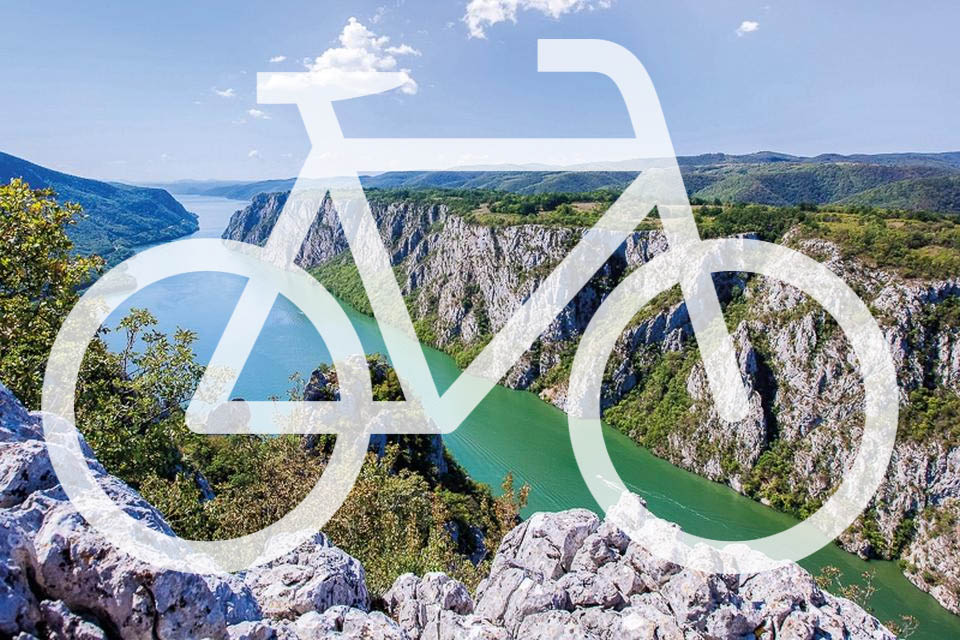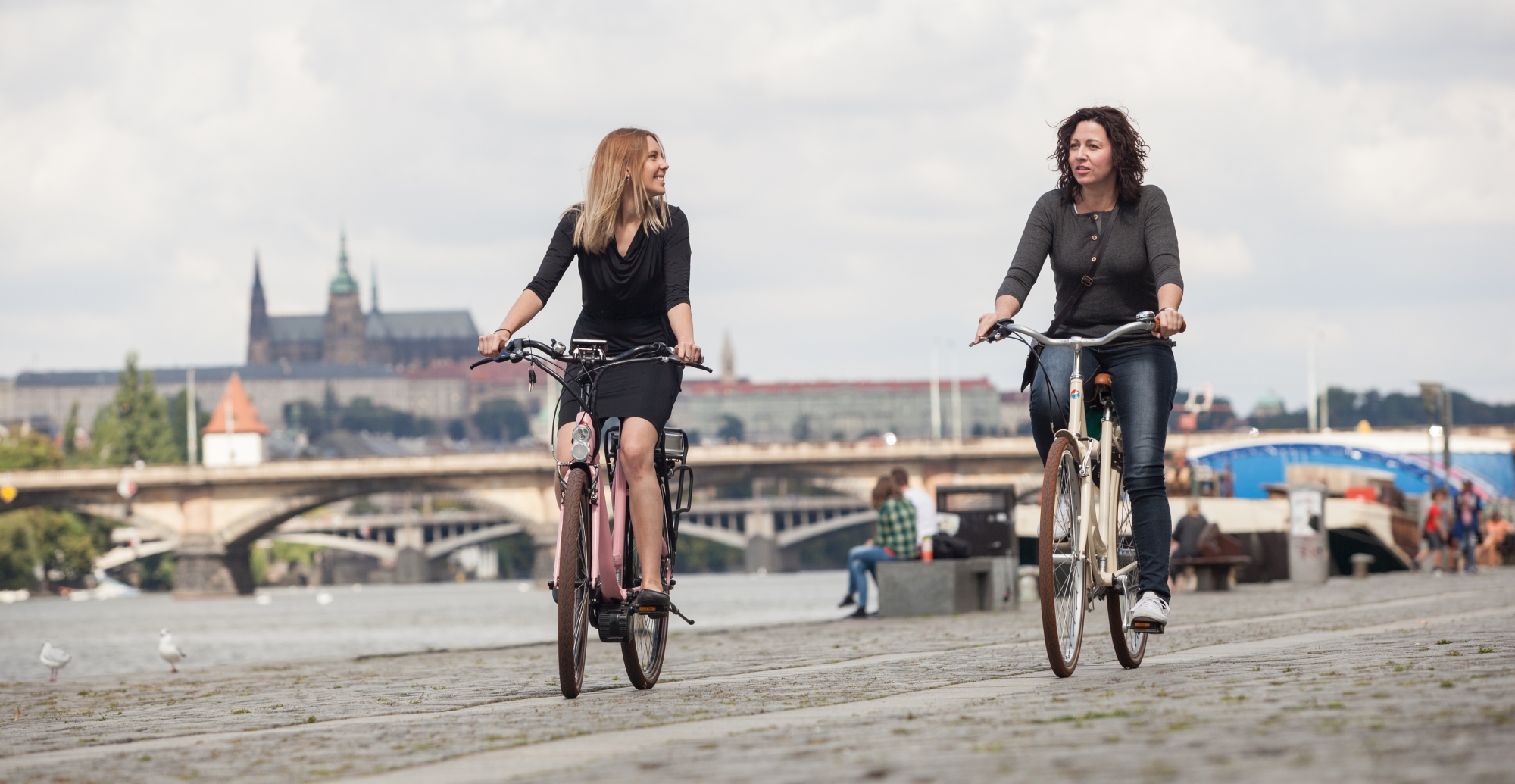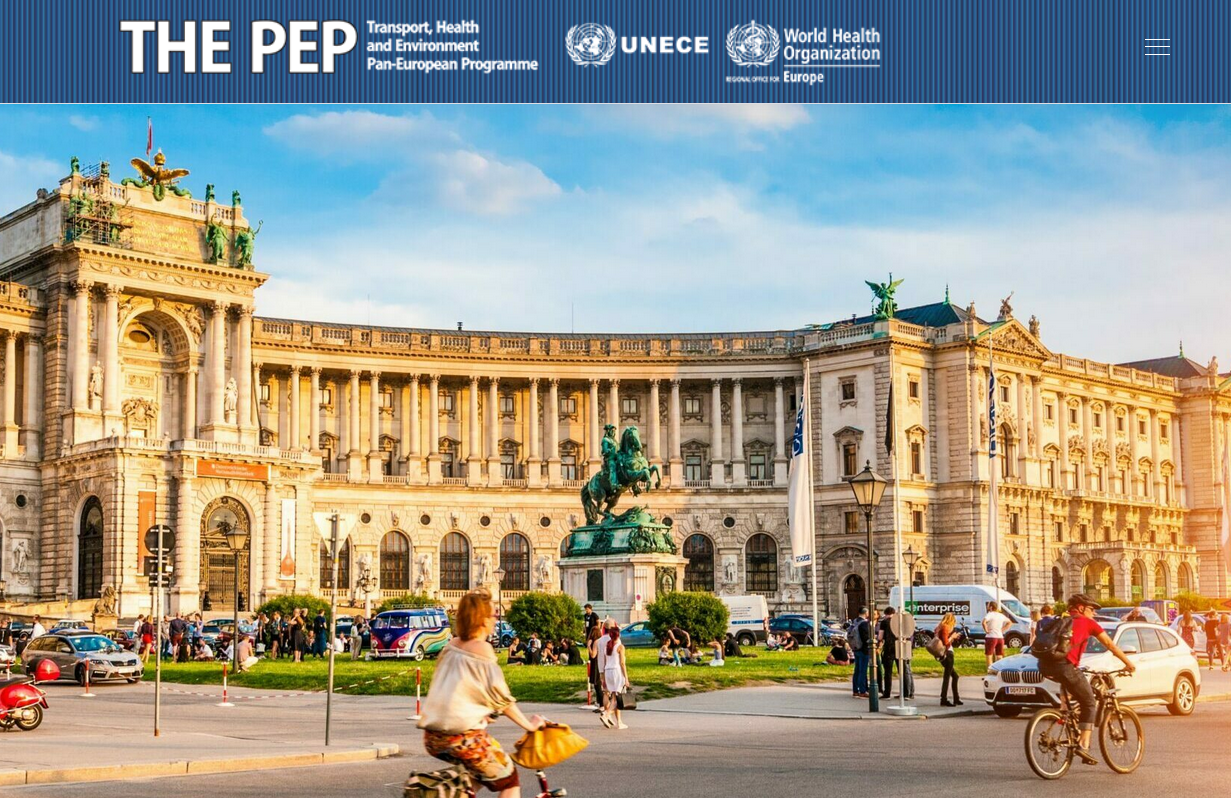Danube Cycle Plans: a cycling strategy for nine nations

Cycling traffic as an important part of sustainable mobility in the Danube region stands in the focus of the international project Danube Cycle Plans, which started in September 2020. Now we can present its brand new „Danube Cycling Strategy“, which was developed by the Cycle Competence members Ministry of Climate Action and Verracon together with cycling experts from eight additional Danube nations. The strategy was presented at the projects final conference in Prague on 11th of October 2022.
The Danube Cycling Plans final conference was held under the auspices of Martin Kupka, Minister of Transport of the Czech Republic, in Prague. Ministers and official representatives from nine Danube countries present their perspective of their project. Austrian contributions to the conference are the presentation of “The Austrian-Serbian show case” by Cycle Competence Member Martin Eder, Austrian Ministry of Climate Action, and Vladimir Djumic, Danube Competence Center Serbia, as well as the presentation of the brand-new strategy to promote cycling in the Danube region by Andreas Friedwagner from Cycle Competence Member company Verracon.
Common goal: double the numbers!
The Danube Cycle Plans (DCP) nations agreed on an overall target of doubling cycling in the Danube region. But conditions for cycling in the Danube region differ a lot. Some countries are more experienced (HU, AT, CZ, SK), whereas in other countries the importance of cycling is barely recognised (SL, RO, HR, RS, BG). Refering to the the strategy paper, cycling is in general treated rather as a side topic than an equal mode of transport. Responsibility for cycling is fragmented at subnational level and local authorities do not receive sufficient financial, legislative and political support.
The nine Danube countries cooperating in the Danube Cycle Plans project therefore agreed on the following common vision: more people cycling in the Danube region! This vision is to be achieved by focusing actions on nine specific objectives:
- To coordinate efforts in the Danube region
- To significantly increase cycling
- To rallocate space in favour of active modes of transportation
- To build, extend and improve the infrastructure for cycling
- To develop and implement measurable national cycling policies
- To significantly increase cyclists’
- To integrate cycling into health policies
- To integrate cycling infrastructure into land use and transport infrastructure planning
- To increase the quality of cycle tourism
Diagnosis leads to eight fields of action
Action needs to be taken to change the current situation in direction of the defined objectives. Based on the experiences and findings of the 2.5 years of cooperation, the partners identified a set of eight main fields of action that should support their countries in achieving the nine objectives.
- Political and strategic support: national cycling plan, continuous cooperation of strong cycling working groups, appointment of a national cycling officer, installing a Danube Cycling Working Group
- Know-how exchange and training: national cycling knowledge centers, support of the work of transnational knowledge centers, exchange formats, education programmes
- Cycle route networks: establishment of the DanuVelo Network and the
national cycle route networks, implementation of signalization following national and European standards, reliable information on cycle - Cycling friendly standards and regulations: update road codes and guidelines
- Cycling culture: campaigns to promote cycling, establish role models, support training offers to develop cycling skills
- Financing: national cycling investment plans, funding schemes, additional budgets through transnational funding
- Incentives: fiscal incentives for cycling, financial support for the purchase of
bicycles for communities, companies and consumers - Data: statistical data for monitoring the level of cycling
Additionally, the fields of cycling tourism, public transport, safety and liveability are adressed in the strategy as future actionfields for the DCP network.
(Download the full strategy paper here as soon as it is officially published.)
Pan-European Master Plan for Cycling Promotion
By following these actions, the nine particicpating countries of the Danube region will contribute significantly to the objectives defined in the pan-European Master Plan for Cycling Promotion. This master plan was adopted by 46 ministers of 41 countries during the Viennese 5th High Level Meeting of the Transport-Health-Environment Pan-European Programme (THE PEP) in May 2021. It provided the framework for the cooperation in the Danube Cycle Plans project. (read article here)
The DCP project was co-funded by the European Union funds ERDF, IPA.
Cycling Competence Members in this article:
More articles with this member:
[crp]
Share this article:
Danube Cycle Plans: a cycling strategy for nine nations
Share this article:

Cycling traffic as an important part of sustainable mobility in the Danube region stands in the focus of the international project Danube Cycle Plans, which started in September 2020. Now we can present its brand new „Danube Cycling Strategy“, which was developed by the Cycle Competence members Ministry of Climate Action and Verracon together with cycling experts from eight additional Danube nations. The strategy was presented at the projects final conference in Prague on 11th of October 2022.
The Danube Cycling Plans final conference was held under the auspices of Martin Kupka, Minister of Transport of the Czech Republic, in Prague. Ministers and official representatives from nine Danube countries present their perspective of their project. Austrian contributions to the conference are the presentation of “The Austrian-Serbian show case” by Cycle Competence Member Martin Eder, Austrian Ministry of Climate Action, and Vladimir Djumic, Danube Competence Center Serbia, as well as the presentation of the brand-new strategy to promote cycling in the Danube region by Andreas Friedwagner from Cycle Competence Member company Verracon.
Common goal: double the numbers!
The Danube Cycle Plans (DCP) nations agreed on an overall target of doubling cycling in the Danube region. But conditions for cycling in the Danube region differ a lot. Some countries are more experienced (HU, AT, CZ, SK), whereas in other countries the importance of cycling is barely recognised (SL, RO, HR, RS, BG). Refering to the the strategy paper, cycling is in general treated rather as a side topic than an equal mode of transport. Responsibility for cycling is fragmented at subnational level and local authorities do not receive sufficient financial, legislative and political support.
The nine Danube countries cooperating in the Danube Cycle Plans project therefore agreed on the following common vision: more people cycling in the Danube region! This vision is to be achieved by focusing actions on nine specific objectives:
- To coordinate efforts in the Danube region
- To significantly increase cycling
- To rallocate space in favour of active modes of transportation
- To build, extend and improve the infrastructure for cycling
- To develop and implement measurable national cycling policies
- To significantly increase cyclists’
- To integrate cycling into health policies
- To integrate cycling infrastructure into land use and transport infrastructure planning
- To increase the quality of cycle tourism
Diagnosis leads to eight fields of action
Action needs to be taken to change the current situation in direction of the defined objectives. Based on the experiences and findings of the 2.5 years of cooperation, the partners identified a set of eight main fields of action that should support their countries in achieving the nine objectives.
- Political and strategic support: national cycling plan, continuous cooperation of strong cycling working groups, appointment of a national cycling officer, installing a Danube Cycling Working Group
- Know-how exchange and training: national cycling knowledge centers, support of the work of transnational knowledge centers, exchange formats, education programmes
- Cycle route networks: establishment of the DanuVelo Network and the
national cycle route networks, implementation of signalization following national and European standards, reliable information on cycle - Cycling friendly standards and regulations: update road codes and guidelines
- Cycling culture: campaigns to promote cycling, establish role models, support training offers to develop cycling skills
- Financing: national cycling investment plans, funding schemes, additional budgets through transnational funding
- Incentives: fiscal incentives for cycling, financial support for the purchase of
bicycles for communities, companies and consumers - Data: statistical data for monitoring the level of cycling
Additionally, the fields of cycling tourism, public transport, safety and liveability are adressed in the strategy as future actionfields for the DCP network.
(Download the full strategy paper here as soon as it is officially published.)
Pan-European Master Plan for Cycling Promotion
By following these actions, the nine particicpating countries of the Danube region will contribute significantly to the objectives defined in the pan-European Master Plan for Cycling Promotion. This master plan was adopted by 46 ministers of 41 countries during the Viennese 5th High Level Meeting of the Transport-Health-Environment Pan-European Programme (THE PEP) in May 2021. It provided the framework for the cooperation in the Danube Cycle Plans project. (read article here)
The DCP project was co-funded by the European Union funds ERDF, IPA.
Cycling Competence Members in this article:
More articles with this member:
[crp]


